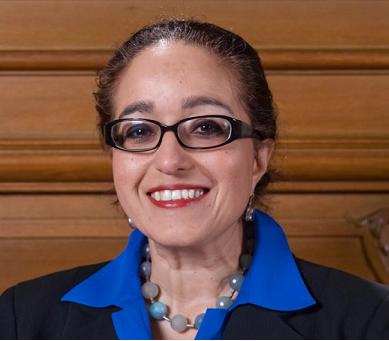Conservative Sup. Mark Farrell’s effort to repeal San Francisco’s ranked-choice voting system for citywide elected officials is headed to the Board of Supervisors tomorrow, and all eyes are on swing vote Sup. Christina Olague. She surprised her longtime progressive allies with her early co-sponsorship of the measure when it was introduced in March, but she’s now expressing doubts about the measure.
The board rejected an earlier effort by Farrell and Sup. Sean Elsbernd to repeal RCV outright, but then Farrell tried again with a measure that excludes supervisorial elections and has a primary election in September, and if nobody gets 65 percent of the vote then the two two finishers have a runoff in November.
“I’m not going to support something that calls for a runoff in September,” Olague told the Guardian, referring to the primary election, although she did echo the concerns from RCV’s critics who claim that it confuses voters. She also said that it hasn’t helped elect more progressives and that “some progressives I talked to aren’t 100 percent behind it.”
Such talk worries Steven Hill, the activist who helped create the voter-approved system, and who has been battling to shore up support for it in the face of concerted attacks by more conservative politicians, newspaper columnists, and downtown interests, all of whom preferred the old system of low-turnout, big-money December runoff elections.
“I think it’s working well. San Francisco saves a ton of money by not having two elections,” Hill said. He said downtown money will skew the runoffs elections even more in the wake of the Supreme Court’s Citizen United ruling allowing unlimited political spending. “With Citizen’s United,” he said, “they’ll just do a ton of independent expenditures.”
He said Olague had told him she intended to withdraw her co-sponsorship of the measure, but she hadn’t done so yet. Olague told us that she wanted to discuss the matter with Farrell before withdrawing her support, that she hasn’t been able to reach him yet, and that she’s been focused on other issues she considers more important, such as crime prevention.
The measure currently is being co-sponsored by the board’s five most conservative supervisors and Olague, meaning it will go before voters on the November ballot if they all remain supportive. Hill said that the measure may not be voted on tomorrow because of an administrative snafu dealing with noticing requirements, but the hearing would proceed anyway, possibly offering clues as to the measure’s chances of success.

